
Qian and fellow geoscientist Joseph Michalski examine an image of the lunar soil. (CALVIN NG/CHINA DAILY)
List approved
In June, the CNSA issued the final approved list for borrowing lunar research samples. A total of 60 applications from 23 individuals at 16 research institutions were endorsed. In all, just over 12,328 milligrams of samples have been distributed.
Qian was among the successful applicants — obtaining four lunar samples with a total weight of 822.6 mg. He can borrow them for one year.
At the end of July, Qian traveled to Beijing to collect the samples, but his trip coincided with the arrival of Typhoon Doksuri.
Despite heavy rain caused by the typhoon, the CNSA prepared the samples on time for scholars — preventing any delays in research for those throughout the country who traveled to collect them.
As Qian sat on the train heading back to Hong Kong, rain poured relentlessly, obscuring the view beyond his window. As he continued his journey, he read news on his phone of the escalating casualties caused by the severe downpours.
However, he had no time to worry about his safety, as his attention was firmly focused on the lunar samples. He carefully secured the container inside his backpack in shock-absorbing foam. He held the backpack tightly to try to protect the samples from every vibration and sway of the train.
He finally relaxed only after his 11-hour journey ended and he was back in Hong Kong safely.
"Securing these samples is a dream come true for ourselves and Hong Kong's space science community," Qian said, adding that such acquisition also reflects the central government's commitment to supporting the city.
By granting his request, the central authorities also demonstrated their desire to see Hong Kong develop capabilities in the field of space and keep pace with advances made on the mainland, Qian added.
In the coming year, Qian said he will use the lunar samples to unlock mysteries of the moon's volcanic history, try to provide insights into its geological past, and its connection to the formation and evolution of planetary bodies in the solar system.
Furthermore, he hopes his application will help establish a comprehensive mechanism at HKU for storing lunar samples and conducting research, thus enhancing the city's capacity to take part in future national lunar exploration missions.








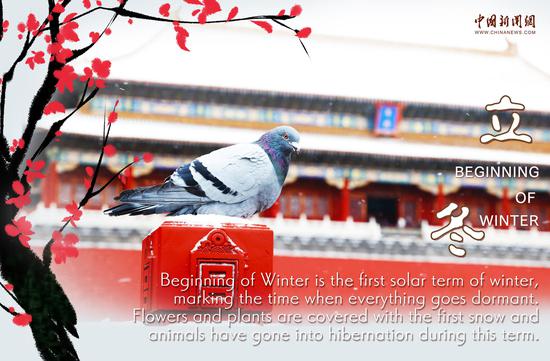
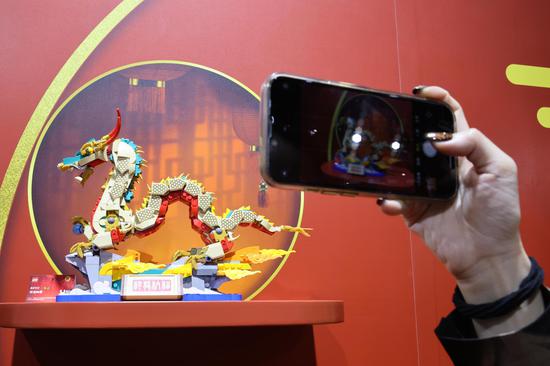
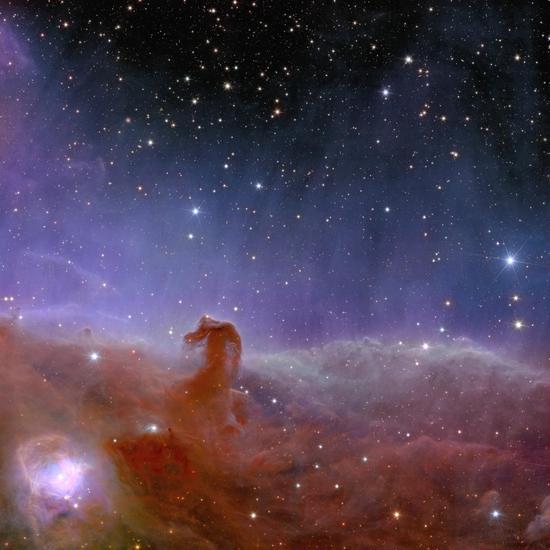
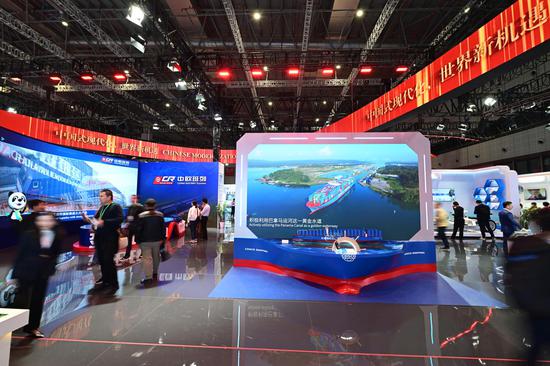
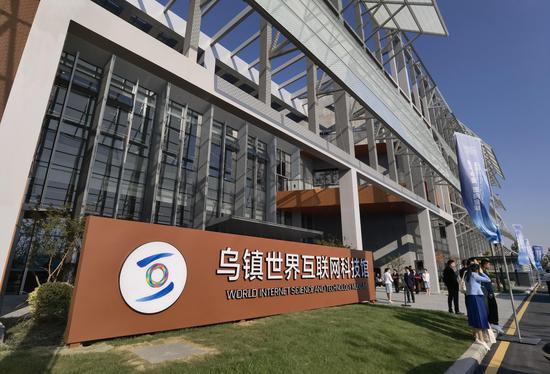
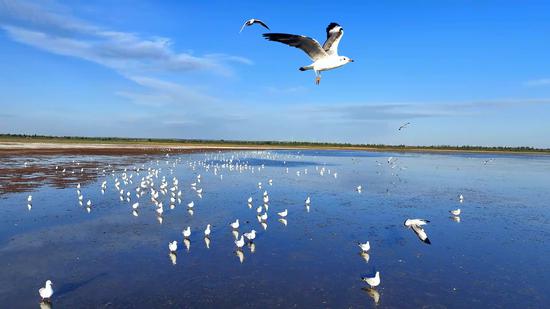
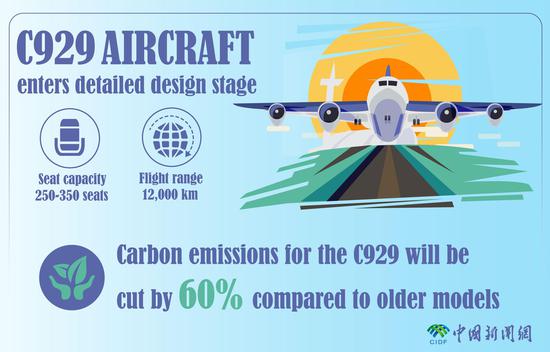
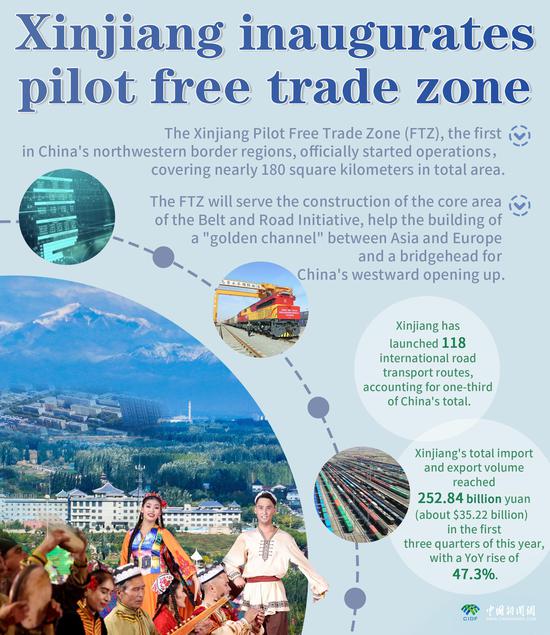
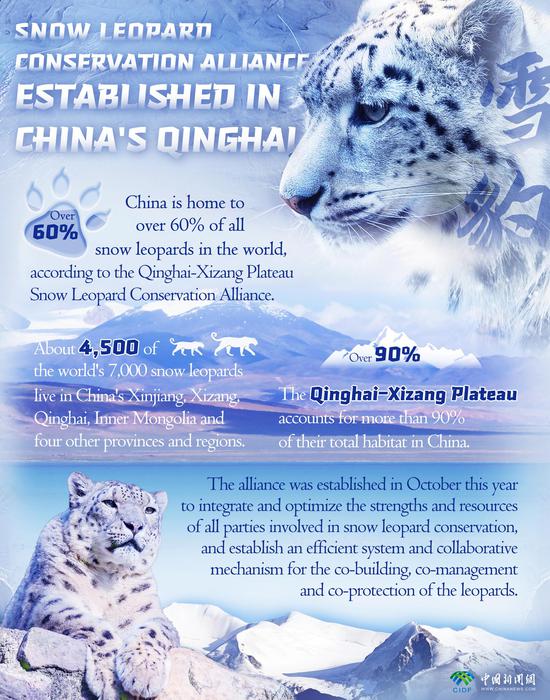

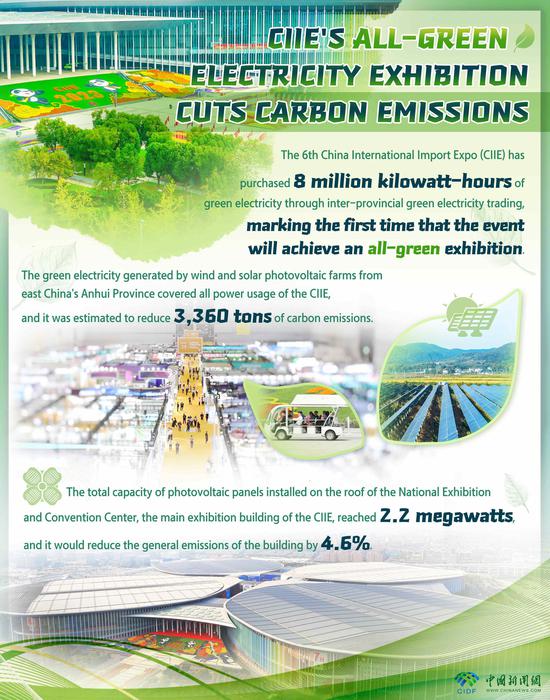
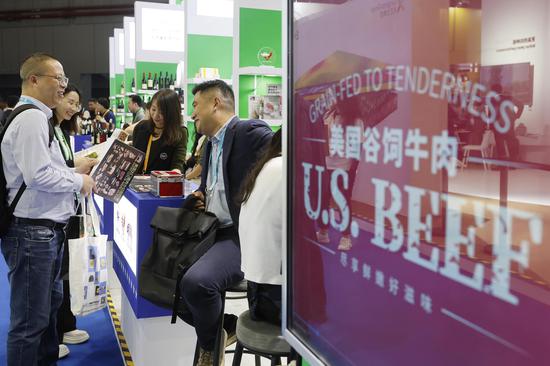


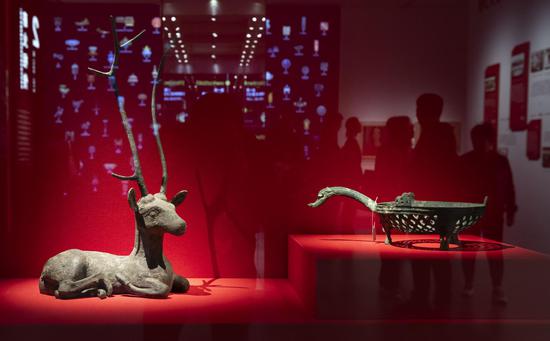
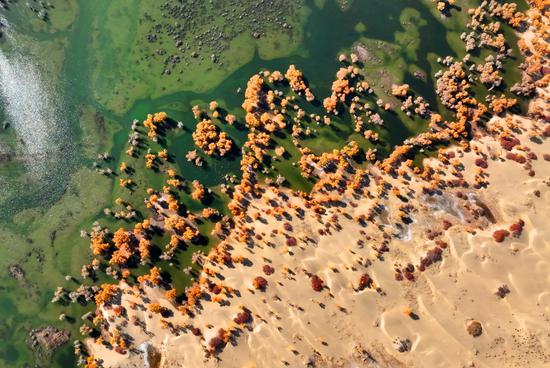
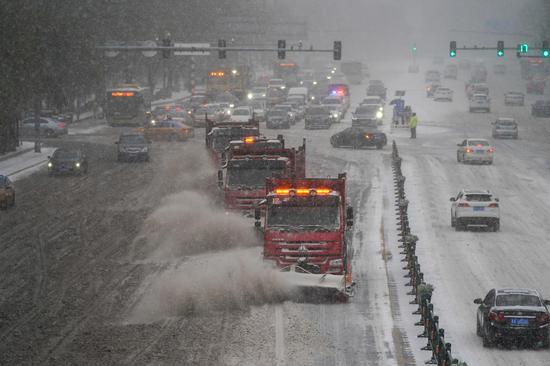
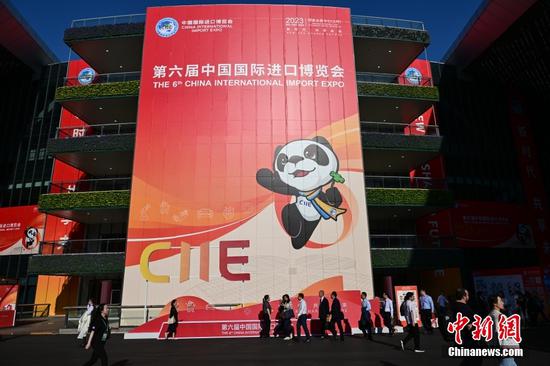


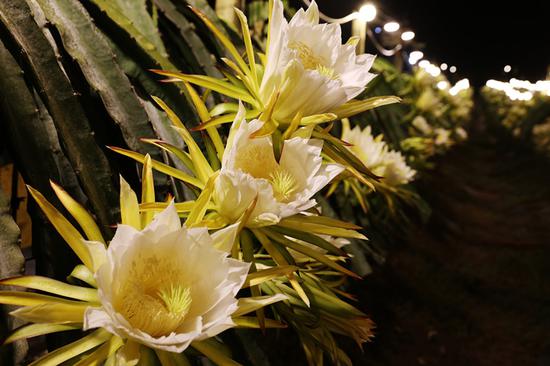
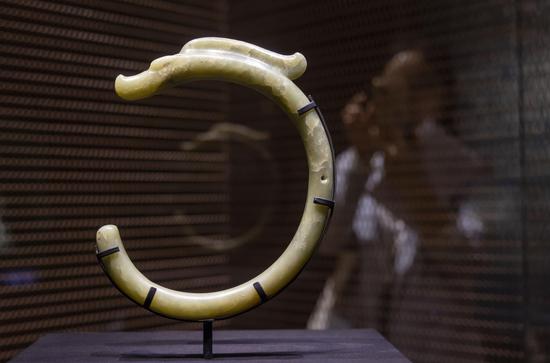
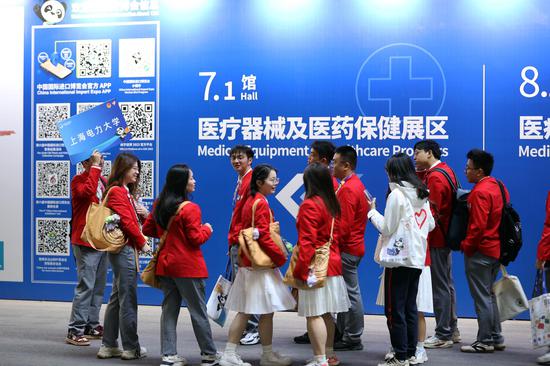
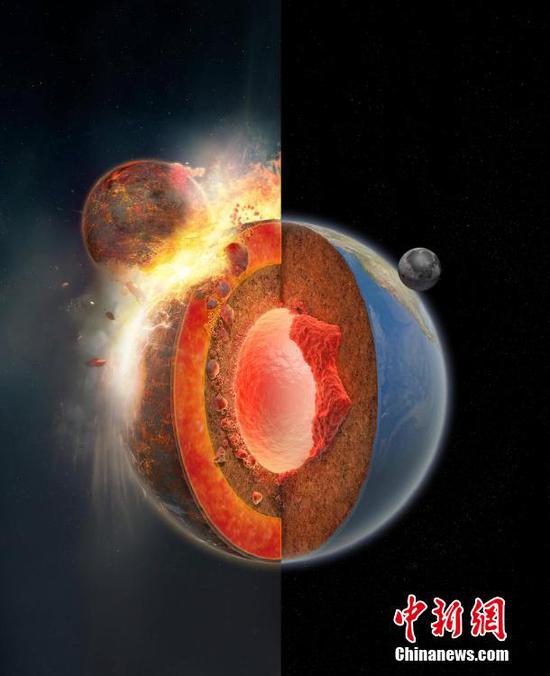
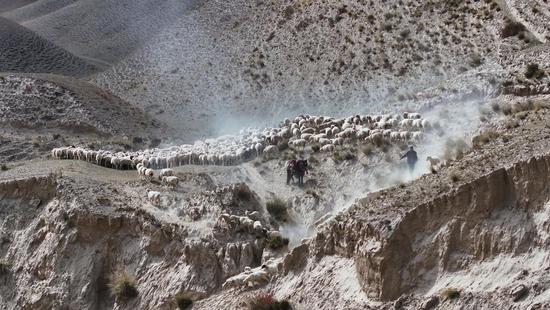
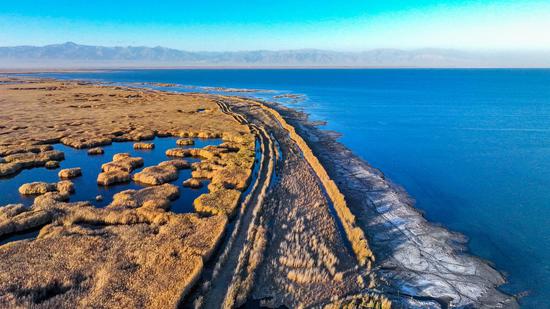
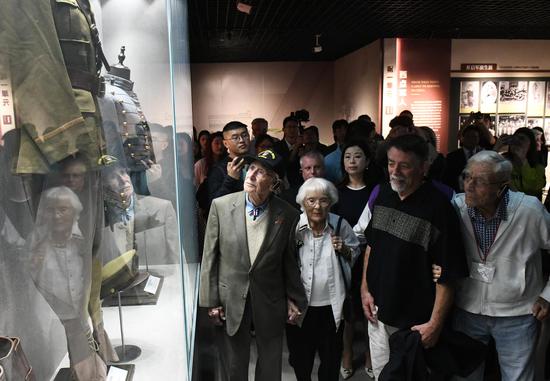
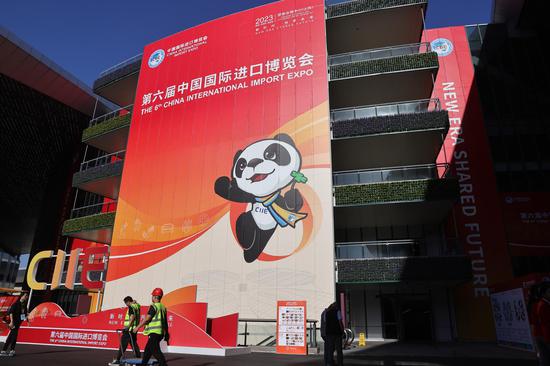
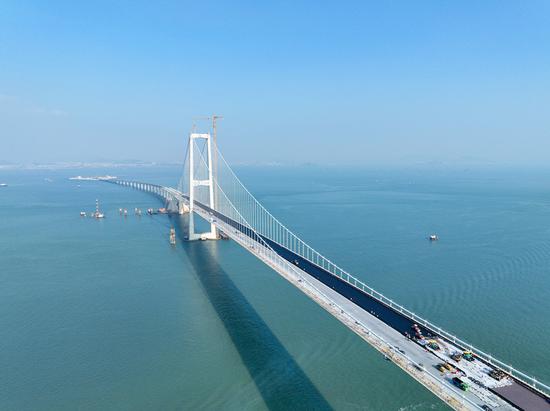


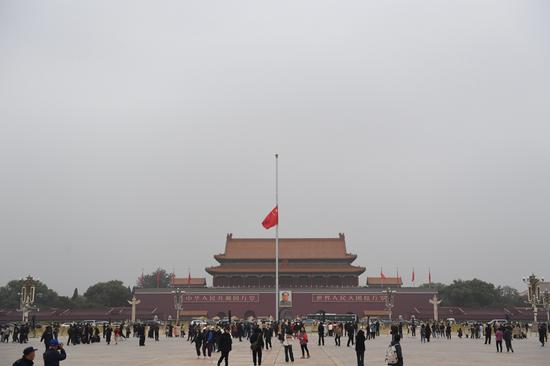
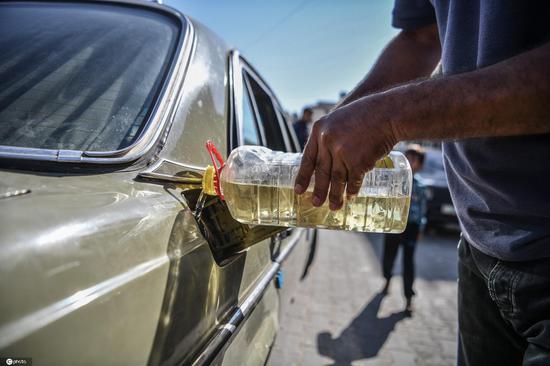
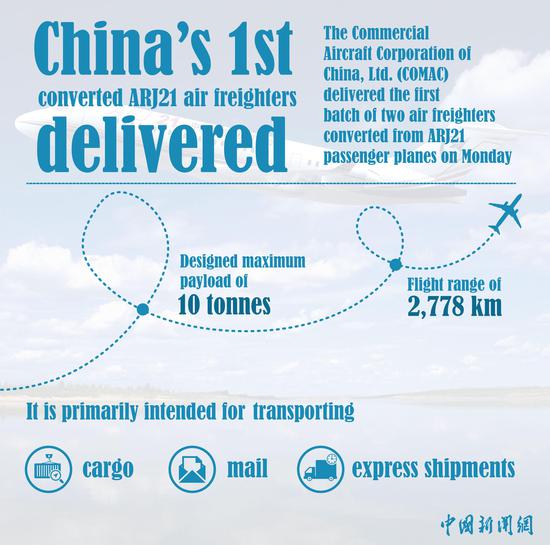
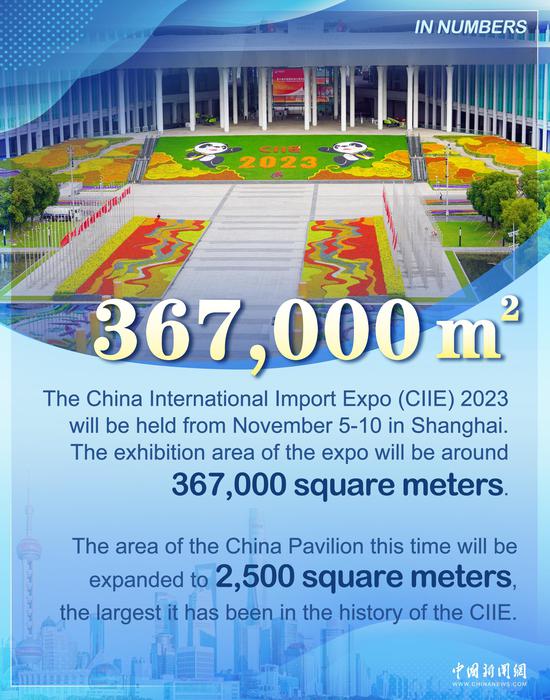
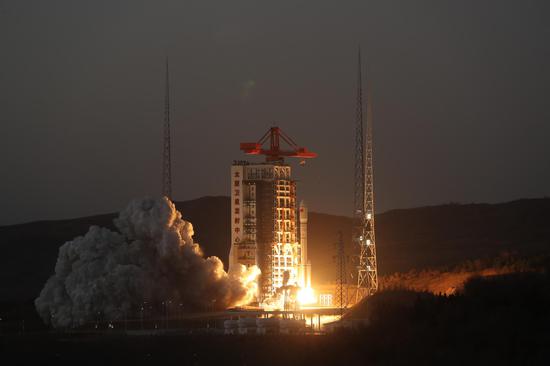
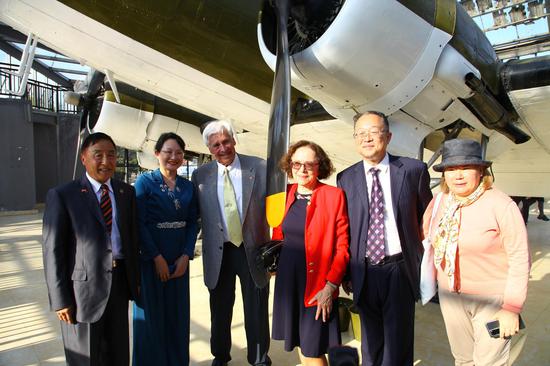





 京公网安备 11010202009201号
京公网安备 11010202009201号